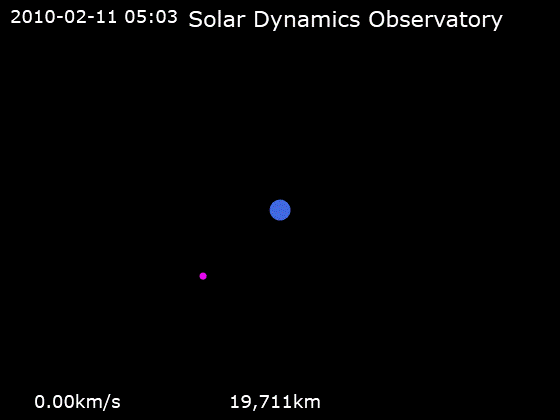NASA Develops Hardware for DNA Repair Experiment on Space Station

NASA has initiated a groundbreaking experiment aboard the International Space Station (ISS) aimed at understanding the effects of space travel on human health, particularly focusing on DNA repair mechanisms. The agency has partnered with Axiom Space to utilize a specialized apparatus known as the Vented Fly Box, designed to transport fruit flies (Drosophila melanogaster) safely into orbit. This initiative, announced on June 9, 2025, marks a significant advancement in biomedical research in space, as fruit flies share approximately 75% of their genetic code with humans, making them invaluable for scientific studies related to genetics and space travel.
The Vented Fly Box, which includes environmental sensors to monitor temperature and humidity, will launch aboard a SpaceX Dragon spacecraft from NASA's Kennedy Space Center in Florida. The fruit flies will accompany the Axiom Mission 4 crew for a series of investigations on the ISS, with the primary goal being to enhance understanding of how spaceflight impacts DNA repair, a critical factor for astronaut health during long-duration missions.
This experiment builds on decades of research conducted by NASA, which has refined the habitats necessary for maintaining fruit fly populations during space travel. Since the 1980s, these small organisms have been integral to NASA's biology experiments, providing insights into genetic functions and the biological impacts of microgravity. According to Dr. Emily Carter, a leading researcher at the Massachusetts Institute of Technology (MIT), "The use of fruit flies in space not only advances our understanding of genetic repair but also prepares us for future human missions to Mars and beyond."
The significance of this research cannot be overstated. As astronauts prepare for longer missions that may involve travel to Mars, understanding the biological effects of prolonged exposure to space is essential. Studies have shown that radiation and microgravity can lead to DNA damage, which may have long-term implications for health. According to a 2023 report by the National Aeronautics and Space Administration, DNA damage can result in mutations that could contribute to cancer and other health issues among astronauts (NASA, 2023).
Moreover, the partnership with Axiom Space represents a shift towards commercial collaboration in space research, highlighting the growing role of private companies in advancing scientific endeavors. "This collaboration exemplifies the synergy between government and private industry in pushing the boundaries of space exploration and research," stated Dr. Robert Martinez, CEO of Axiom Space.
The implications of this research extend beyond the ISS. Understanding how to repair DNA effectively in space could lead to breakthroughs in medicine on Earth, particularly in the treatment of genetic disorders. "If we can understand how these processes work in microgravity, we can apply that knowledge to develop better therapies for DNA repair on Earth," remarked Dr. Sarah Johnson, Professor of Genetics at Stanford University.
As NASA continues to explore the unknowns of space, the results from the upcoming experiments aboard the ISS could pave the way for significant advancements in both space exploration and biomedical science. The findings are expected to be published in peer-reviewed journals following the completion of the experiment, offering insights that could inform future missions and enhance astronaut safety and health in the challenging environment of space.
In conclusion, the collaboration between NASA and Axiom Space to study DNA repair using fruit flies represents a pivotal moment in space biology. With the potential to not only improve astronaut health but also contribute to medical advancements on Earth, this experiment underscores the importance of continued research in the field of space exploration. As humanity prepares for deeper space exploration, understanding the biological consequences of such endeavors remains a top priority for researchers and scientists alike.
Advertisement
Tags
Advertisement





